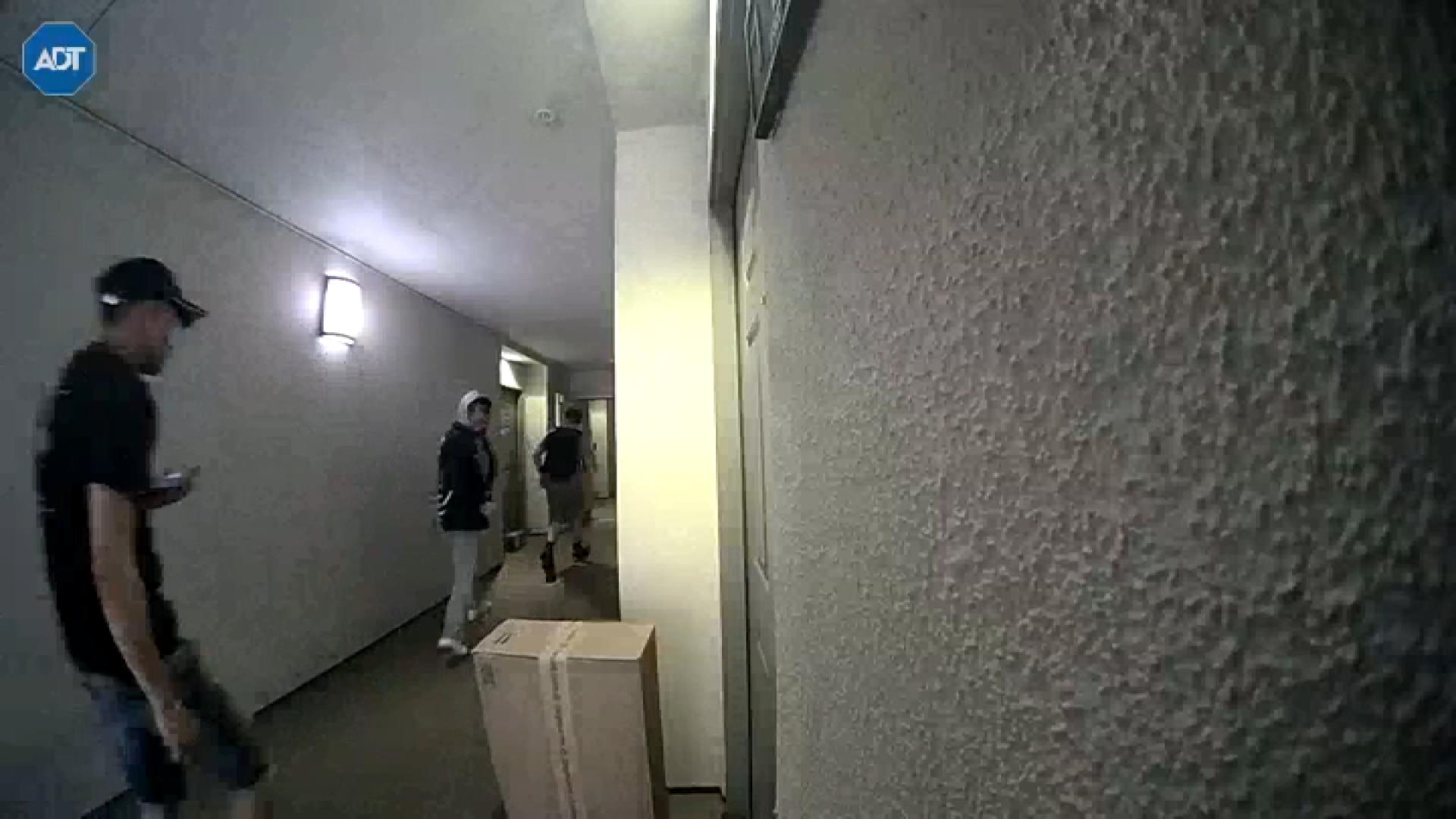A June trial date was scheduled Friday in the "Grim Sleeper" killings, which spanned more than two decades in Los Angeles, after courtroom pleas from family members who asked the judge to speed up the case.
Lonnie David Franklin Jr., 62, was indicted on 10 counts of murder and one count of attempted murder following his arrest in July of 2010. During a Thursday pretrial hearing, jury selection was set for the end of June after years of legal delays and decades of waiting for victims' family members.
"I just wanted to know when will justice be served for our families?" said Sherry Ware Costa, whose niece, Barbara Ware, was among the 10 victims. "All we're asking for is justice, simple as that."
Porter Alexander, who spent more than 20 years wondering if his daughter's killer would ever be caught, was among those who addressed the court.
"Oh, man, I can't count how many times I've been there," the 74-year-old said Thursday.
The indictment against Franklin was unsealed in March 2011, opening the door for trial. It indicated the ages of the victims -- they were shot, strangled, or both -- ranged from 14 to 36.
Prosecutors are seeking the death penalty in the case, investigated by detectives for more than 20 years before a break provided by DNA and ballistic evidence that connected him to crime scenes. An officer posing as a busboy at a pizza parlor got DNA samples from dishes and utensils Franklin had been eating with at a birthday party.
Franklin, who once worked as a mechanic for the LAPD, has pleaded not guilty.
Anguished family members pleaded to move the case forward after years of delays. They angrily denounced the defendant and blamed his lawyer for dragging his feet.
A woman who survived an attack linked to the Grim Sleeper case spoke for several minutes, directly addressing Franklin Jr.
News
Top news of the day
"If God let me die, I would come back and haunt you every day of your life," said Eritria Washington. "But instead, he let me live so I still get to haunt you. I'm still here."
Defense lawyer Seymour Armster agreed to a June date after prosecutors said they would be ready to argue about evidence at a March hearing.
Prosecutors cited Marsy's Law, a voter-approved victims' bill of rights that extends the right to a speedy trial -- guaranteed for defendants -- to family members of victims. It also allows victims to address the court.
The decades-long investigation included the release of photos that police said were found at Franklin's home of dozens of women. The photos were the subjects of social media posts requesting help from the public to identify the women and as many as six other victims were identified.
Many of the victims were prostitutes, whose remains were found in alleys and trash bins around South Los Angeles, authorities said.
The slayings began in the 1980s and continued in the 2000s. The case earned the nickname "Grim Sleeper" because the attacker apparently took a 14-year hiatus from his crimes.
But police have questioned whether the slayings actually stopped during the "gap."
About Marsy's Law
For cases that go cold for so many years, the court process can languish. It's not unusual for capital cases to take years to complete, but Marsy's Law, passed by voters in 2008, gives victims some leverage in speeding things up, though it's still not widely used, attorney Nina Salarno Ashford, a board member of Crime Victims United, told the AP.
The law allows victims to be heard at bail hearings, parole hearings and sentencing, which used to only happen at the discretion of the judge.
Salarno Ashford, whose sister was murdered in 1979, has used the law to represent victims throughout the process, including cross-examining witnesses at trial, and she has successfully argued three times to have trial dates set so the victims could have their day in court.
"It's always been a fault in our system that defendants were able to play a shell game and delay things," she said.
Deputy District Attorney Beth Silverman said the case has been plagued by delays with no end in sight and that the judge has failed to hold the defense to strict deadlines to complete their investigation.
"I know there have been a lot of delays in this case," Los Angeles Superior Court Judge Kathleen Kennedy told a packed courtroom. "I do feel that we do need to set a trial date in this case... It has been 4 1/2 years."
Defense lawyer Seymour Amster blamed the prosecution. He said his expert found DNA from another man at three of the crime scenes and is seeking to test more material because the evidence could help his client. He said the prosecution has opposed releasing the items for testing and have asked for more time to prepare their response.
"There are rumors that I'm trying to delay this thing," he said. "I'm really not. I'm a strong proponent of do it once, do it right."
Silverman said that she recognizes the need to balance Franklin's right to prepare for trial but that the court must balance that with the rights of the victims and the community. She said those rights have already been compromised.
A firearms expert who tested guns retired last year, so the testing needed to be done again. Medical examiners and a supervising criminalist at the coroner's office have retired and will need to be replaced. And the mother of victim Mary Lowe died more than two years ago, depriving her of the chance Alexander and other victims' families will have to address the court.
"It's a waiting game," said Alexander, whose 18-year-old daughter, Monique, was killed in 1988. "I need to keep up my strength. I hope I'm here for the ending."



